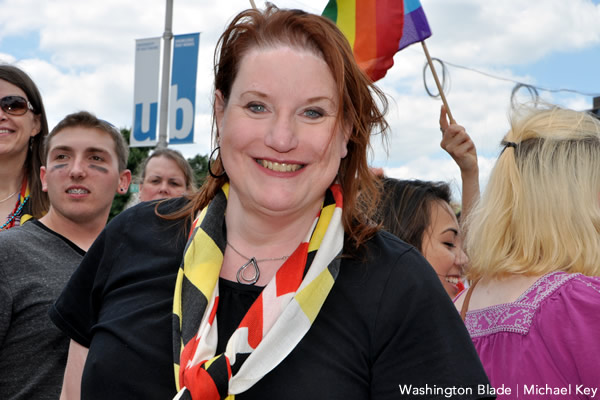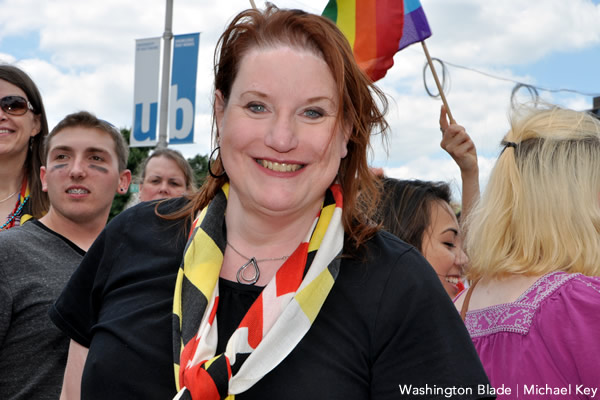

Recently, I listened to “Pride and Prejudice” by Jane Austen on Audible. Savoring every word, I was transported to 19th century, Regency-era England. Immersed in the world of Elizabeth Bennet, Mr. Darcy and formal balls, I almost escaped from our troubled 21st century universe. As I sipped tea, racism, transphobia – past and present injustice – slipped from my mind.
Until a headline from The New York Times flashed on my screen: “A Jane Austen Museum Wants to Discuss Slavery. Will Her Fans Listen?”
This Jane Austen fan is listening. Nothing pricks up your ears more than seeing one of your favorite authors (a literary icon, no less) connected with slavery.
Last month, Jane Austen’s House, a museum on the life and work of Jane Austen, said that it would update its displays to include information on Austen’s and her family’s connection to slavery. (The museum in the English village of Chawton, has been only open virtually during the pandemic. It reopens for in-person visitors on May 19.) Austen, who lived from 1775 to 1817, resided in Chawton from 1809 until shortly before she died at age 41.
The exhibits reveal that George Austen, Jane Austen’s father, before he became a pastor, was a trustee of an Antigua sugar plantation. The displays note that Austen and her family, by drinking tea, eating foods with sugar and wearing clothing made of cotton, enjoyed products of the Atlantic slave trade.
Information is included on Austen’s views of abolitionists: Some scholars believe that Austen was against slavery. In 1807, the slave trade ended in the British Empire when King George signed the Act for the Abolition of the Slave Trade into law.
Reaction to the new exhibits was fast and furious, The New York Times reported. “Woke madness,” thundered The Express. The Daily Mail said the museum had launched “a revisionist attack” and a “BLM-inspired interrogation” of Austen’s ritual of imbibing tea.
If you believe these rants, you’d think that Jane Austen’s House was trying to cancel Jane Austen: that we should stop appreciating her work because she drank tea and her family was connected to the slave trade.
Of course, this isn’t the intention of the museum that celebrates Austen’s work. Visitors increasingly ask about Austen and her family’s connection to the slave trade, Jane Austen’s House says in a statement. “It is therefore appropriate that we share the information and research that already exists on her connections to slavery and its mention in her novels,” the museum says.
It’s tempting to dismiss this dust-up as a tempest in a teapot. But that would be wrong.
This controversy calls our attention to one of the pressing issues of our time: How do we examine the prejudices of our icons, and should we cancel them and/or their work?
I’m thinking about two LGBTQ icons: Walt Whitman, born on May 31, 1819, and Adrienne Rich who died on March 27, 2012.
In his poetry, Whitman embraced democracy and inclusion. For his time, he wrote with remarkable openness about sexuality. If you’re queer, you feel represented in his poetry.
Yet, in his later life, Whitman believed racist pseudo scientific claims. He called Black people “baboons” and “wild brutes.”
Few poets are as beloved by the LGBTQ community as poet Adrienne Rich. Her poems have been a lifeline for queer women and gay men.
Yet, Rich advised Janice Raymond, who, in 1979 wrote the transphobic book “The Transsexual Empire.” Raymond wrote that transgender people “colonize feminist identification, culture, politics, and sexuality.”
In the face of racism and transphobia existing side by side with genius, Whitman’s dictum about the self containing multitudes and contradictions rings painfully true.
I’d be lying if I said I had a solution to this muddle.
But if we’ve learned anything since George Floyd’s death, it’s that we all have conscious and unconscious biases. If we cancelled artists who have prejudices from racism to transphobia, what art would be left?
Yet, if we don’t confront our cultural heroes’ prejudices, how will we live with ourselves or work toward justice? What type of art would be created?
I only know: we must live and struggle with these vitally important questions.
Kathi Wolfe, a writer and a poet, is a regular contributor to the Blade.